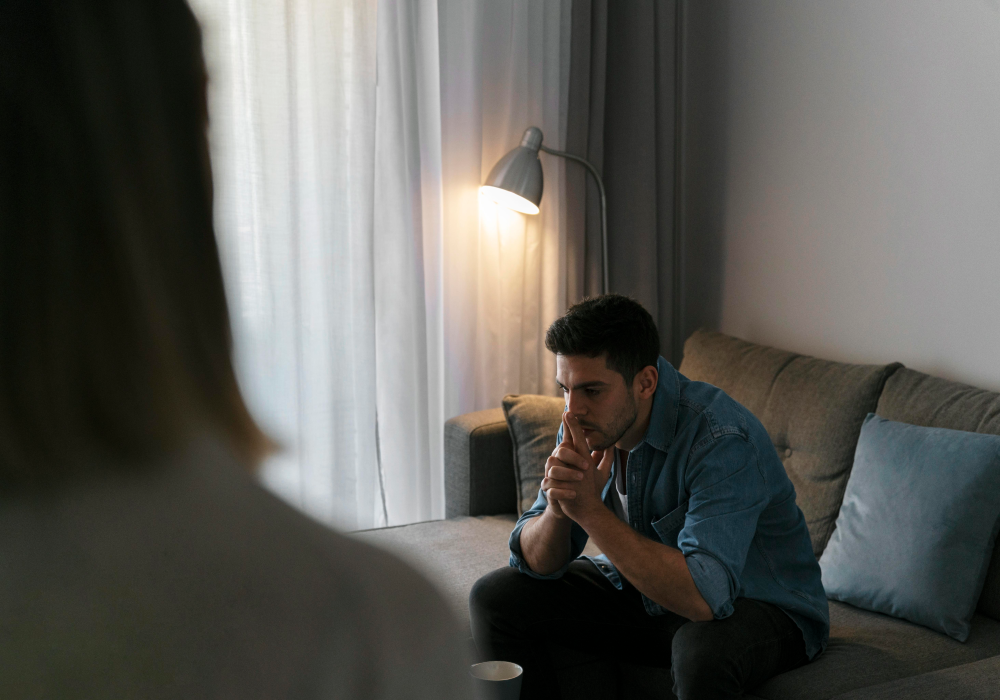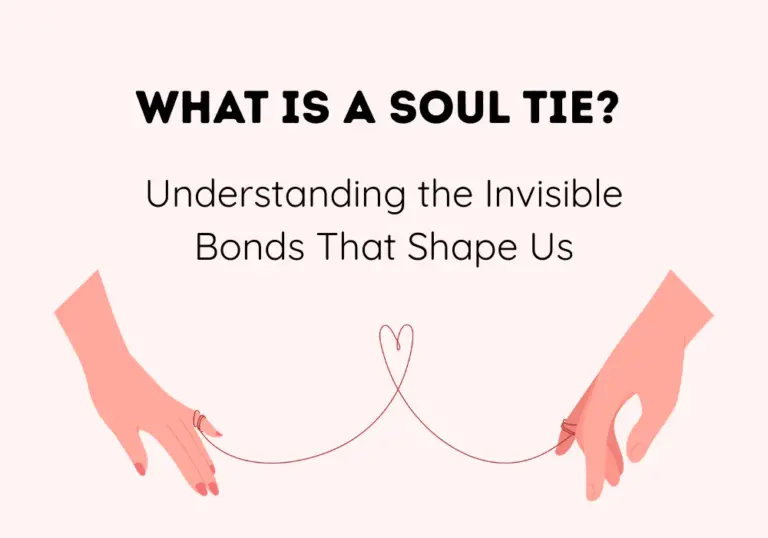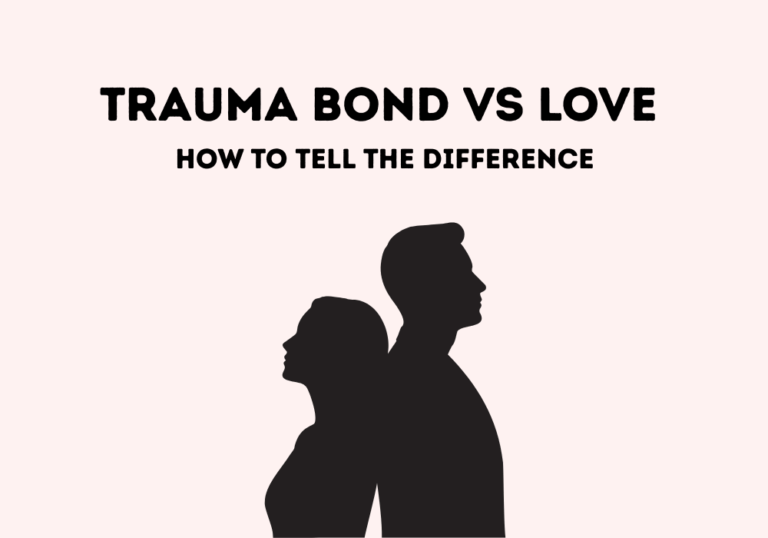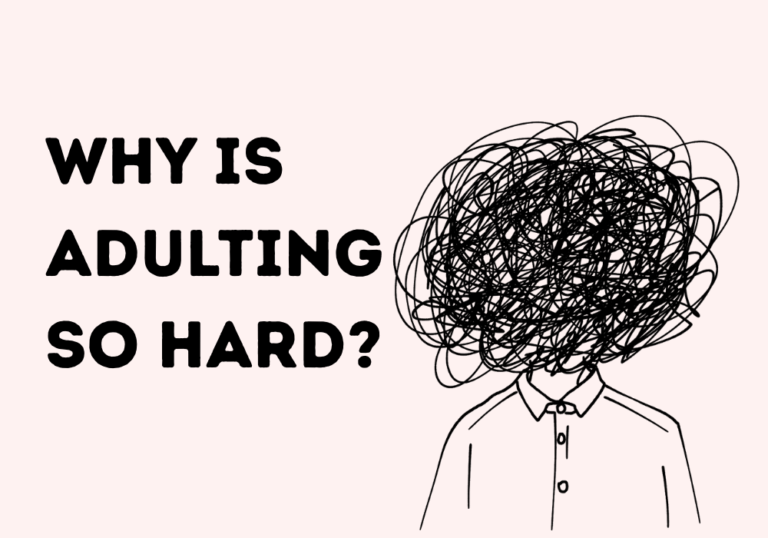Emotional Distance: Signs, Causes, and 9 Ways to Reconnect:
Every single relationship goes through multiple phases. It is simply not possible to be completely in sync with your partner 24/7. However, it is vital to come together and reconnect after being apart. If this reconnection does not happen on a consistent basis, emotional distaance has the potential to become a serious issue.
If you’re feeling emotionally distant from your partner, it can be hard to work together and stay passionate. This can happen gradually over time and isn’t necessarily due to a major event. If you’re in this situation, what can you do to reconnect and strengthen your relationship?
Begin by sitting down and recognizing the signs and causes of emotional distance in your relationship. Instead of pointing fingers, take responsibility for your own actions. This will help kickstart the healing process.
Listed below are a number of typical signs and causes behind emotional detachment, in addition to suggestions on how to address them.
Signs of emotional distance:
1-Either unresolved conflict or a lack of conflict:
Many couples encounter difficulties when dealing with conflict in their relationship. However, a key characteristic of a healthy relationship is the ability to develop a conflict style that fosters greater connection. Even in the midst of disagreement, there is room for compromise. Emotional distance often arises from unresolved conflicts that have been ignored for an extended period of time, making both partners feel unheard. In order to avoid these negative consequences, it is important to address difficult topics instead of avoiding them and pretending that everything is fine.
2-Less communication:
When partners experience emotional distance in a relationship, a significant decrease in meaningful communication may be observed. This can result in a tendency to avoid discussions concerning deeper emotions or important matters, leading to feelings of disconnection and a lack of shared understanding.
3-Unable to be happy:
One of the indicators of emotional distance in relationships is when both parties experience dissatisfaction within the relationship. Despite the expectation for the relationship to bring contentment and happiness, both individuals struggle to establish a connection and experience happiness when together.
4-Spending less quality time together:
When partners experience emotional distance, they may decrease the amount of quality time they spend together. This can occur when individual activities take priority over shared experiences or when they find excuses to avoid spending time together. This disengagement from shared experiences reinforces the emotional distance and can result in feelings of loneliness and detachment.
5-Less intimacy and affection:
When it comes to intimacy, emotional and physical are closely connected. When you feel emotionally close to someone, it tends to lead to more physical affection, and physical intimacy releases chemicals that promote emotional bonding. But if there is a lack of emotional intimacy, it can disrupt this feedback loop and make you feel more like roommates than lovers. If you’ve noticed that your interactions lack a spark and feel more like a chore than a desire, it may be time to work on improving your emotional connection.
6-If both have different emotional needs:
When it comes to what you expect from your partner, it’s important to keep in mind that they may not feel the same way. Failing to communicate these differences can cause distance between you.
8-The crave for alone time:
In a relationship, being emotionally distant can lead to spending more time alone, away from your partner. If you find that you prefer being alone rather than spending quality time with your significant other and this brings you happiness, it could be a sign of emotional distance in the relationship.
9-Repression:
One of the effects of experiencing emotional distance in a romantic relationship is that you may be more likely to keep your feelings to yourself and not express them to your partner. If you believe that there is a lack of communication from your end, and you simply pretend that everything is okay, this is an indication that emotional distance is present in your relationship.
Causes of emotional distances:
There are lots of reasons why people get emotionally distant in relationships. Figuring out what’s causing it is the first step to fixing the problem. Check out these common causes of emotional distance in relationships:
1-Not getting enough time alone:
Couples, especially those with kids, hardly get any alone time. Some people just put on headphones or watch TV, browse the Internet or use their phones to unwind. If you think that’s the case with your partner, just ask them if they want some alone time and talk about how they can get it. Make sure you both agree on the arrangement and also plan time for yourself.
2-Emotional pressure (distress):
If one or both partners in a relationship have been experiencing a significant amount of emotional pressure lately, it could be a contributing factor to any emotional distance that has developed between them. Experiencing a great deal of emotional intensity is not a healthy way to cope and may cause the person to withdraw and distance themselves from others.
3-Critisism:
It’s difficult to like everything about your partner, but when you criticize them for qualities that you struggle with, it can create emotional distance. The same is true if you are on the receiving end of criticism. In a healthy relationship, you should actively appreciate everything that is going well. You should create a safe space to talk through and work on the challenging parts of each other. Jumping into criticism right away is a sign that your relationship might be headed for a breakup, separation, or divorce. If you want to build a stronger connection with your partner, you need to show that you have their back and support them.
4-Personnal choice:
When faced with stress, anxiety, or breaches of personal boundaries, some people choose to detach emotionally. While emotional distance can be a useful coping mechanism in the short term, it can lead to negative outcomes in one’s life or relationships if it is overused.
5-Have different emotional needs:
It’s crucial to acknowledge and respect that you and your partner may have different emotional needs. When couples fail to do so, a destructive cycle can negatively impact the relationship. On occasion, there may be instances where one partner seems to be excessively dependent, whereas the other partner values their personal space. The partner who desires more closeness may sense their partner backing away and may therefore hold on tighter in an attempt to become closer. This can potentially lead to a negative cycle that is difficult to break. It’s important for both partners to be receptive to understanding each other’s emotional needs.
6-Love lost:
Emotional distance can occur in a relationship when one partner loses interest or does not put in enough effort. This can lead to symptoms such as avoiding intimacy and not sharing, which may indicate that the love that was once shared is lost. It is important to recognize these signs and take steps to address them.
It is important to seek help from others or professionals if you are experiencing emotional distance, no matter what the causes may be. Ignoring it can lead to relationship damage and harm to your emotional well-being.
7-Experiencing conflicts in relationships:
Experiencing conflicts in relationships is a completely normal part of life. However, it is important to make sure that these conflicts are resolved as soon as possible. Leaving matters unresolved can lead to long-term resentment, which can cause severe emotional distancing between you and your partner. Therefore, it is highly recommended that you make an effort to resolve any conflicts that arise in your relationships.
How to Fix Emotional Distance in a Relationship:
1-Give your partner some alone time:
If you constantly pursue your partner, they will become more distant. Everyone needs time to recharge and some people may start closing themselves off if they do not have enough space. Allow your partner to have some time to themselves and let them know that you are there for them whenever they are ready. Your partner will appreciate that you respected their need for space and will be drawn back toward you.
Related:10 Things That Happen When You Start to Enjoy Being Alone
2-Avoid criticism:
Communication with your partner can be challenging, especially if they are sensitive to criticism. If you use a negative tone or criticize them when they make mistakes, they may become defensive or shut down. To avoid this, it is important to focus on their positive qualities and provide support and encouragement when they make mistakes. By doing so, you can build a stronger, more positive relationship with your partner
3-Make time to connect with your partner:
It’s important to prioritize regular date nights to keep your emotional bond with your partner strong. Even if you’ve been together for a while, you should continue to make an effort to spend quality time together. Whether you choose to go out for a fun night or stay in for a cozy evening, the key is to share that time together and make it a priority.
4-Communicate with your partner:
In case you have a feeling that your partner is no longer emotionally available, it is essential that you initiate a conversation with them immediately. Many times, people tend to overlook this emotion until it is replaced by resentment because they feel that their partner is ignoring them. However, at times, it might be confusing; you might feel that you are being overly sensitive. Instead of questioning your emotions excessively, it is important to acknowledge the problem and talk about it, it is possible that your partner might be experiencing similar emotions but is hesitant to express them. It can be beneficial to engage in healthy communication as a way to initiate the resolution of issues.
5-Make a list about the reasons your partner is emotionally distance:
After communicating with your partner, take some time to create a list of potential reasons for this emotional distance. It is possible that your partner is experiencing stress, is too preoccupied, or is simply in need of some alone time. In some instances, people need space and prefer solitude. If your partner desires solitude for a period of time, honor their decision, and do not feel discouraged by their desire for personal space.
6-Accept your partner for who they are:
When you attempt to compel your partner to change, it often has the opposite effect and drives them away. Because you and your partner are distinct individuals, it is common to have different goals and values. Rather than attempting to force your partner to conform to your preferences, it is more effective to acknowledge and admire the characteristics that make them unique. By accepting your partner for who they are, you will be more likely to cultivate a deeper and more meaningful relationship.
7-Listen actively to your partner:
There are instances where individuals can become emotionally distanced from one another due to an inability to communicate effectively. If your partner is not sharing their thoughts and feelings with you, it could be because they do not feel heard or valued. In this situation, it is important to practice active listening and show genuine interest in what they have to say, regardless of whether the topic is of personal interest to you.
8-Ask your partner:
When your partner is stressed, it can be tough to know how to help. But, there are a few things you can do to make the situation better. Start by finding out what’s wrong and working together to find a solution. If your partner seems distant, try sitting down with them and asking what has been going on. In the event that they are unwilling to discuss it, provide them with some personal space. However, if they open up, make certain that you are prepared to listen and assist them.
9-Get professional help(couples counseling):
Couples counseling is a valuable resource for anyone looking to improve their relationship. Through therapy, get help with your relationship by learning how to argue less, have more fun, and talk better with your partner. A couple’s therapist can show you patterns in your communication and teach you new, positive ways to interact.








